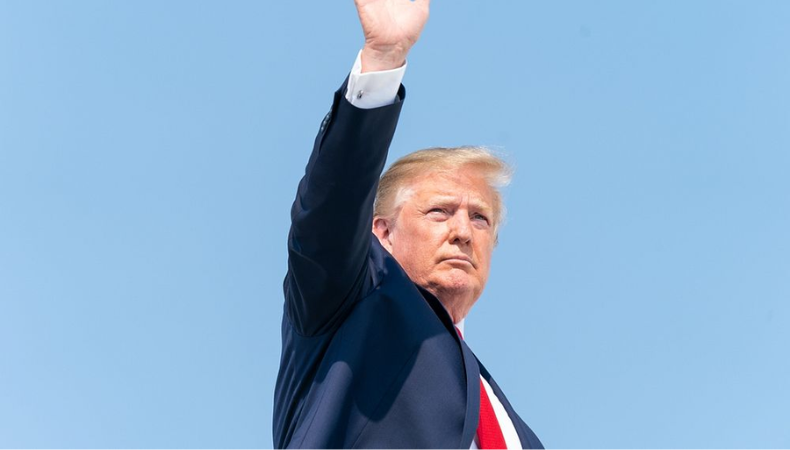Donald Trump, the oldest president of America and the first convicted felon has led to a lot of arguments in relation to what they are likely to mean to the US-Africa relations. It has questioned the traditional diplomacy structures especially with regard to trade negotiations between Kenya and United States that was revived by the presidency of Biden.
President Biden’s 2021 strategic trade and investment partnership with Kenya now seems under threat, as seen with Trump’s approach toward trade deals. It was a framework to enhance bilateral relations, especially on the economic front and it could be very much changed or ended in the new administration. This uncertainty has prompted the African countries to start a reconsideration of their policies on diplomacy.
Trump’s campaign rhetoric pledge of creating “the biggest border wall that’s ever been built” and deporting 11 million undocumented residents of the United States on his first day as president raises questions of potential consequences not just for international relations but also for the Americas. That is why these brutal measures of anti-immigration may affect diplomatic partnerships with African countries and change existing cooperation agreements.
But when delivering a speech at a Daily Maverick webinar, a professor of sociology at George Washington University Xolela Mangcu was an analyst involved in the discussion about whether the Trump win might offer African nations, particularly the South African government, a chance to review their diplomatic and economic strategies. This adaptation would be decisive when it comes to changes in American foreign policy under the Trump presidency.
The Guardian’s Washington bureau chief, David Smith also revealed an assessment of the new administration on environmental issues. This change of energy policy may have some implications for international environment oriented programs and climate change interventions as they may affect sensitive countries mostly in Africa.

